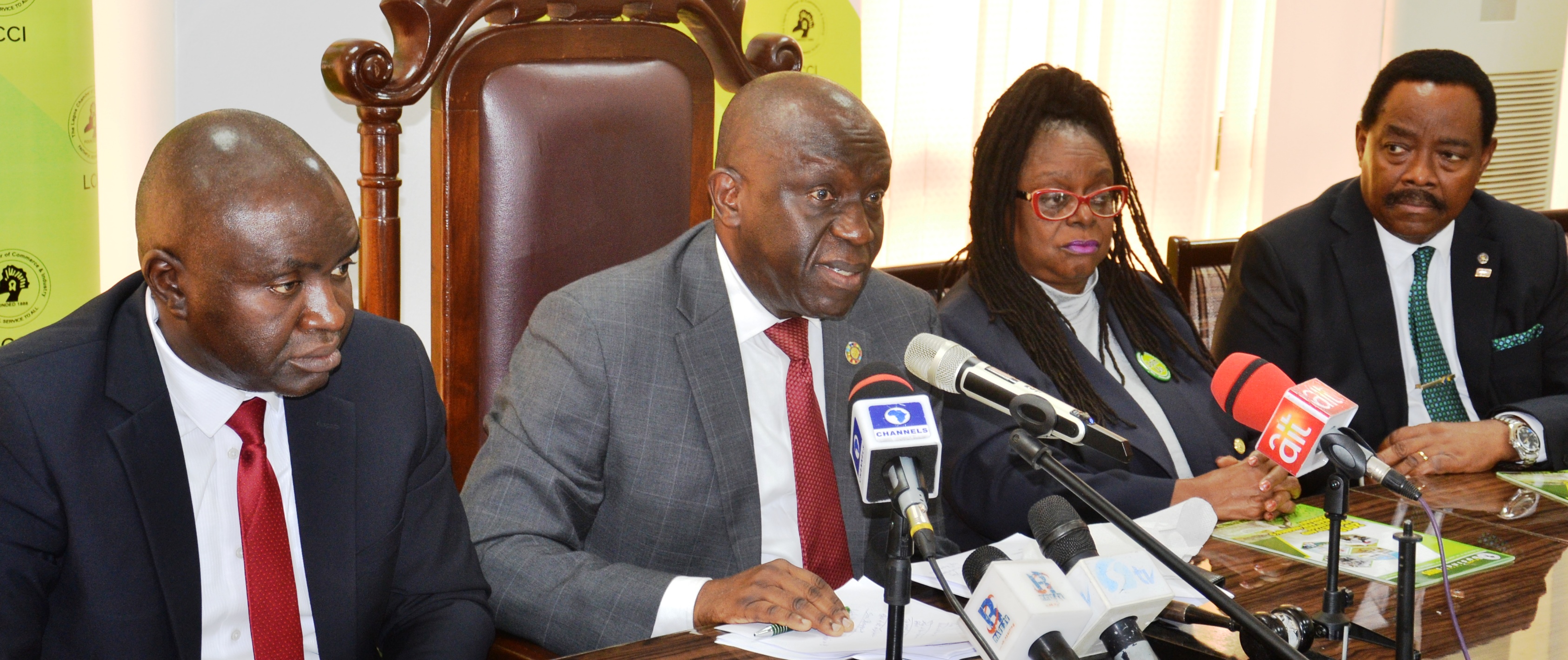Lagos Chamber of Commerce and Industry has said that the bigger worry in the federal government borrowing spree is the capacity of Nigeria to service the debt. The Chamber in its reaction to the request by the President for fresh loan approval by the Senate signed by Director General of LCCI Mr. Muda Yusuf said “The growing National debt is a cause for concern as the debt profile grew from N12.6 trillion in 2015 to N25.7 trillion in 2019 second quarter, an increase of 104 per cent. There is also the bigger worry about the capacity to service the debt. For instance, the debt service provision in the 2019 budget was a whooping N2 trillion; whereas the total capital budget was N2.9 trillion; this implies that the debt service commitment was 70 per cent of capital budget allocation. Debt to revenue ratio was about 30 per cent, which is also on the high side.
“In the 2020 budget, debt service commitment and recurrent spending are beginning to crowd out capital expenditure. This trajectory is not consistent with our national aspiration to build infrastructure and a competitive economy. Debt service of N2.45 trillion is more than the capital budget of N2.14 trillion in 2020 budget. That is 114 per cent of capital budget. It is against this background that the new request for $30 billion is troubling. Care should be taken to avoid a full blown debt crisis. The opportunity cost of high debt service commitment for the economy and citizens is very high. There is also the exchange rate risk inherent in the exposure to mounting foreign debt which we need to worry about. As the currency depreciates, the burden of servicing foreign debt would intensify. This is a major problem with increasing the stock of foreign debt.
“This underlines the need for appropriate policy choices to attract domestic and foreign private sector capital for infrastructure financing. The government needs to look beyond tax credit in its quest for more complimentary funding sources for infrastructure. We should be looking more in the direction of equity financing. But for this to happen the policy and regulatory environment must be right. It is also critical to review the spending structure of government and the cost of governance. The ballooning recurrent expenditure, in the face of declining revenue is a cause for concern. There is a need to clarify place of the new loan request in relation to the 2020 budget and the 2020 -2022 medium term expenditure framework. Additionally borrowing should strictly be in line with section 41 of the Fiscal Responsibility Act which stipulates that ‘Government at all tiers shall only borrow for capital expenditure and human development, provided that, such borrowing shall be on concessional terms with low interest rate and with a reasonable long amortisation period”

